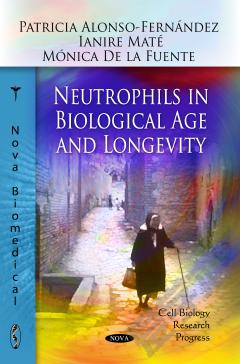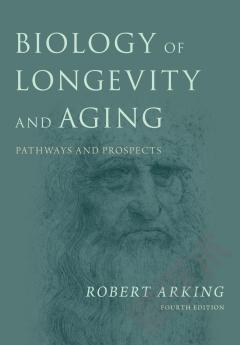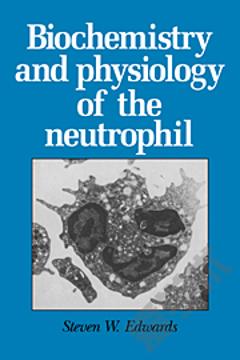Neutrophils in Biological Age and Longevity
Aging is a heterogeneous process with a progressive and general decrease of the organism functions that leads to a lower ability to adaptively react to changes and preserve homeostasis. Consequently, with aging there is an increase in vulnerability to age-associated pathologies or simply the impairment of functions that leads to death. There are different rates of age-related physiological changes and the “biological age” determines the level of aging experienced by each individual and therefore his/her life expectancy. This new book discusses research which suggests that the functional parameters studied in neutrophils may be useful markers of "biological age" and predictors of longevity.
{{comment.content}}








 京公网安备 11010802027623号
京公网安备 11010802027623号